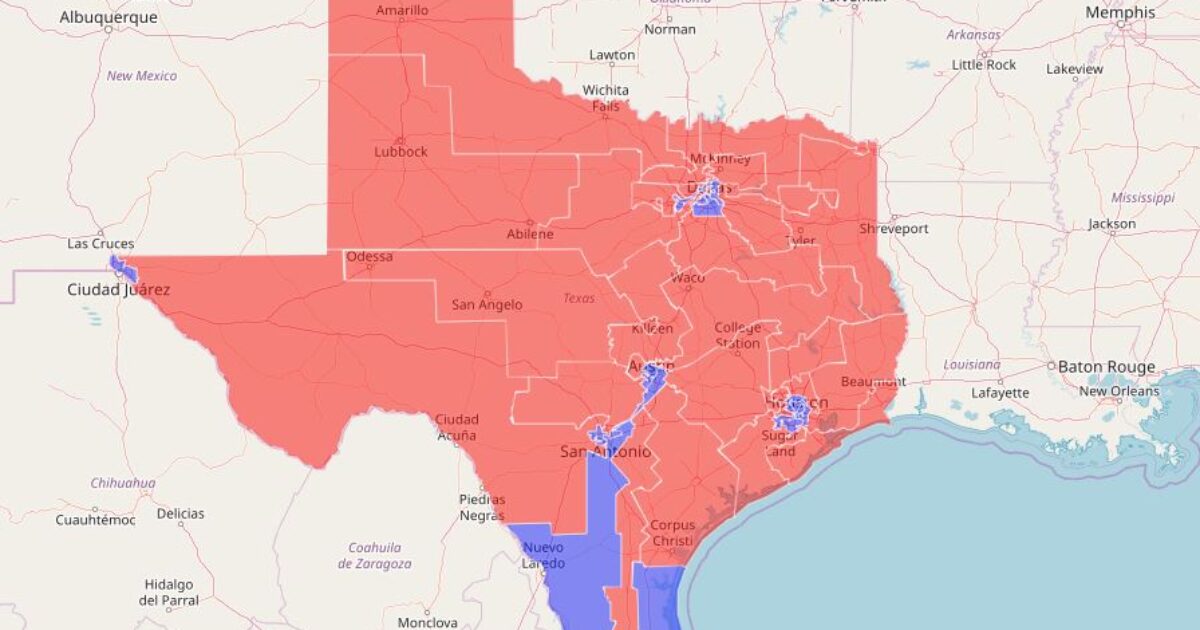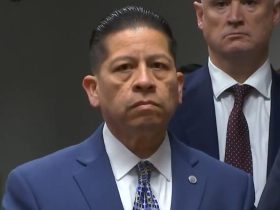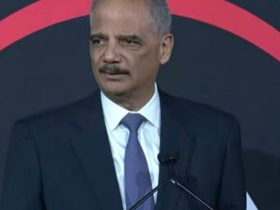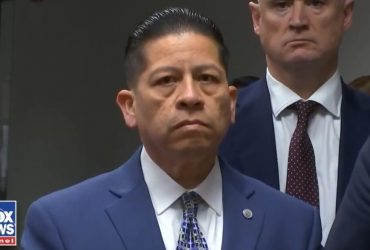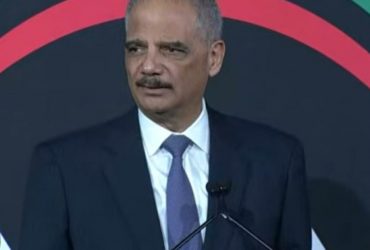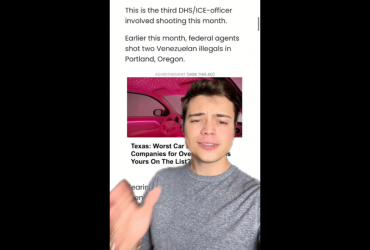Texas 2024 Election results – President Trump performed 4.2% better than in the 2020 election
In a 2-1 decision against “voter assistance” organizations, the 5th Circuit Court of Appeals has overturned an October 2024 district court’s decision that would have gutted Texas’s Senate Bill 1.
The bill was passed following the 2020 Presidential election and implemented new restrictions and requirements, mainly for mail-in voting. For example, the bill banned drive-thru and 24-hour voting centers and set acceptable hours for early voting centers, which were challenged in the lawsuit.
Among other provisions that were challenged were the criminalization of compensated mail-in ballot assistance and banning certain canvassing activities, such as canvassing a voter while in possession of a mail-in ballot.
The law also required a voter to provide matching ID numbers on mail-in ballot applications and returned ballots.
It also made it a felony for election officials to send out mail-in ballot applications without them first being requested.
The 5th Circuit Court of Appeals panel stated:
Several voter-assistance organizations claimed those provisions are preempted by Section 208 of the Voting Rights Act…The district court agreed and permanently enjoined the challenged provisions.
We reverse.
Some of the challenged provisions require assistors to disclose information such as name, address, relationship to the voter, and whether they are compensated. Another amends the existing oath assistors must take. Contrary to the district court’s ruling, we conclude that none of the plaintiff organizations has standing to challenge these provisions. In particular, fears that their members will be prosecuted for violating them are speculative and so fail to show Article III injury.
While those issues were dismissed on standing, other issues were dismissed on the merits, finding that Section 208 did not preempt these state election laws. The Court writes:
Other challenged provisions bar assistance from persons who are compensated or are paid ballot harvesters. The district court correctly ruled that two of the plaintiff organizations have standing…because there is a credible threat that their members will be prosecuted for violating them. So, we address whether those provisions are preempted by VRA Section 208.
They are not. Nothing in Section 208 shows that Congress wanted to preempt state election laws like these. To be sure, the federal law is an important one – guaranteeing blind, disabled, and illiterate voters assistance from “a person of [their] choice,” with certain exceptions. Contrary to the district court’s ruling, though, this federal right does not vaporize all additional state voter assistance regulations.
Regarding the oaths that assistors must take, the Texas legislature added “I swear under penalty of perjury that the voter I am assisting represented to me they are eligible to receive assistance…” It also added the oath that they will not “pressure or coerce the voter into choosing me to provide assistance.” Lastly, it added that the assistor must swear not to disclose how the voter has voted and that if they provide assistance to an ineligible voter, the vote may not be counted.
It also made violations of that oath punishable by up to two years in prison, up to a $10,000 fine, and/or a rejection of the voter’s ballot. The block on both the added text and criminal sanctions was overturned.
In October 2024, the same appellate court had issued a temporary injunction against the district court’s ruling, citing that the ruling came in the middle of an election when mail-in ballots had already been mailed out.
JUST IN: 5th Circuit panel, 2-1, overturns block on Texas SB1 ballot “harvesting” restrictions. Majority: Duncan (Trump)/Smith (Reagan). Dissent: Graves (Obama). Doc: https://t.co/GVtyZ3WlDm
— Josh Gerstein (@joshgerstein) August 29, 2025
The post Fifth Court of Appeals Overturns Block on Texas Ballot Harvesting Bill SB1 appeared first on The Gateway Pundit.

